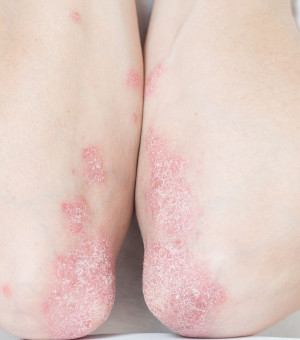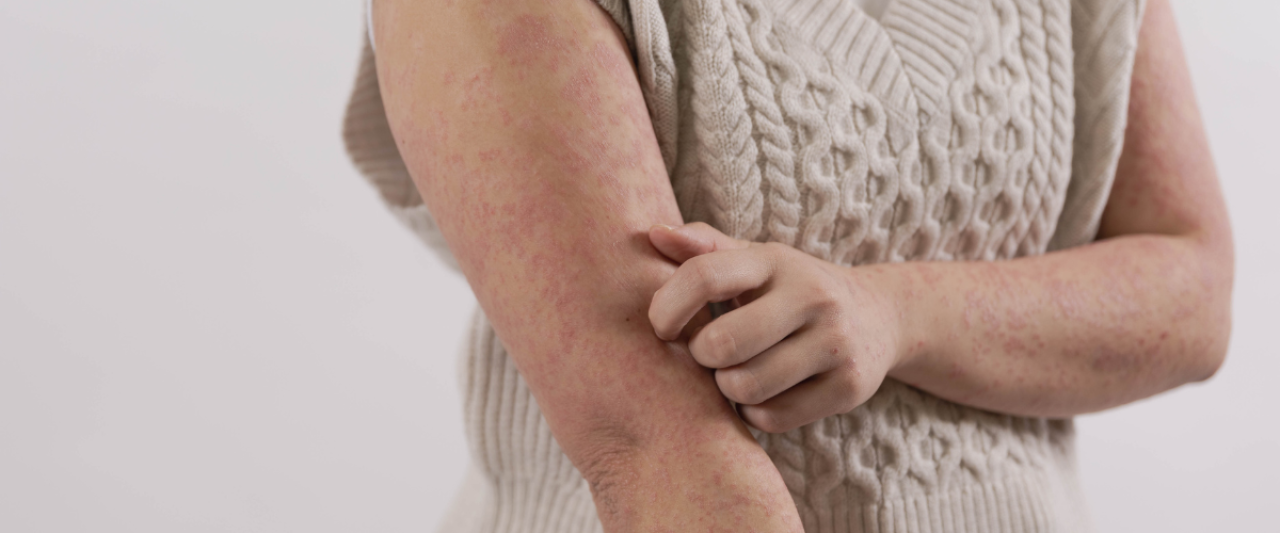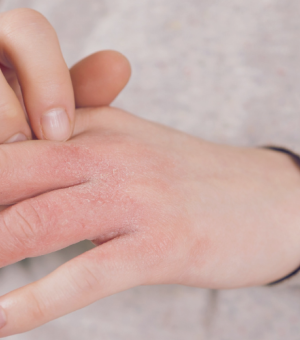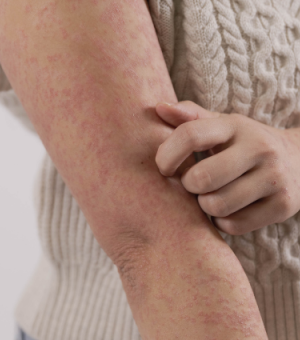Tuesday, September 17, 2024
Understanding Psoriasis
Dr Marc-André Doré
Psoriasis is a chronic skin condition affecting millions of people worldwide. It is characterized by red, scaly patches and itching, significantly impacting the quality of life for those affected. Although the exact cause is not yet fully understood, it is known to be linked to a dysfunction of the immune system that leads to rapid overproduction of skin cells.
If you think you might be developing psoriasis, it is important to consult your doctor and seek the opinion of a dermatologist. Let’s explore how this condition develops.




